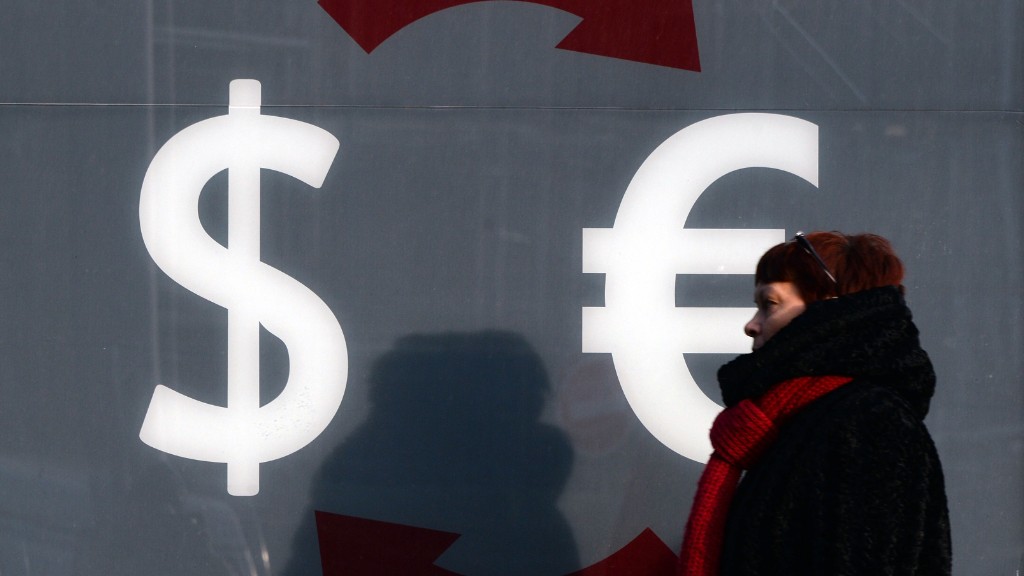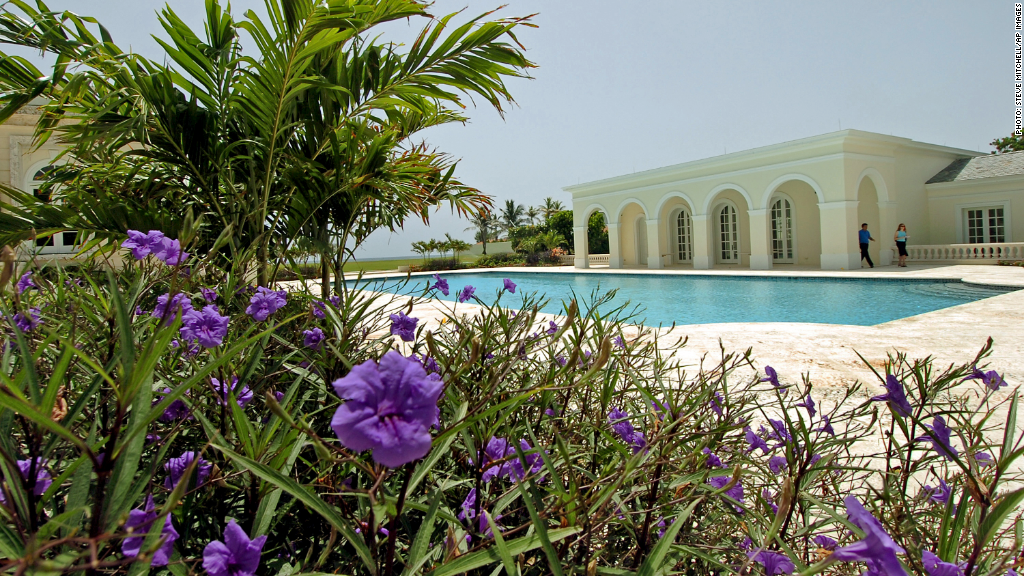
With the price of oil tanking and the ruble getting pummeled, high-end real estate brokers in Manhattan, Miami and other major cities have been losing some of their best customers.
Deep-pocketed Russian buyers have been disappearing since last spring when international sanctions were imposed on Russia.
Over the past few years, Russian buyers have been responsible for some of the flashiest purchases in New York, according to Gabby Warshawer, research director for CityRealty, a website specializing in New York City sales.
Among them: the record breaking $88 million purchase of a Central Park West condo by Ekaterina Rybolovlev, the daughter of billionaire Dmitry Rybolovlev; composer, Igor Krutoy's $48 million purchase of a duplex in the Plaza Hotel and the $38 million purchase of an apartment in Time Warner Center by businessman, Andrei Vavilov.
"This year, we haven't seen any of those chart-topping sales," said Warshawer.
Related: New York's most expensive rental costs $500,000 a month
Russian buyers were driving the ultra-high-end market in Florida as well, according to Danny Hertzberg, a Coldwell Banker agent with The Jills Group in Miami Beach.
The most expensive sale in Miami's history was a home that sold for $47 million in 2012 to an unidentified Russian buyer. But even that paled in comparison to the $95 million sale of Donald Trump's Palm Beach palace in 2010 to Dmitry Rybolovlev, the father of Ekaterina, the woman who bought that $88 million condo on Central Park West.

Last spring, however, all of those deep-pocketed Russians seemed to disappear, said Hertzberg.
"It felt like it changed almost overnight," he said.
Related: 10 least affordable rental markets
The big drop off occurred right after the Russian government tightened its currency restrictions, making it difficult for Russian nationals to move large sums of money out of the country. It's now even getting to be a challenge for some to transfer the small amounts of cash they need to pay real estate taxes and maintenance costs, Hertzberg said.
It's difficult to know just how much of an impact the pullout of Russian buyers will have on markets like New York, said Warshawer. Not only do fair housing laws make it almost impossible to accurately track a buyer's nationality, but the buyer's identity may also be concealed since many of the most expensive properties get bought and sold through middle men and limited liability companies.
However, New York appraiser Jonathan Miller, of Miller Samuel, isn't too concerned.
Related: New York's multi-million dollar condo sales keep soaring
"I kept hearing about Russians dominating New York's high-end market but they never really did," he said. "They just had the highest profiles."
But Hertzberg notes, the Russian buyers play another role, too. Like many other foreign clients, they were much more bullish on the U.S. real estate market during the housing bust than Americans were.
"Russians were willing to go well beyond what others would pay for trophy properties," said Hertzberg.
He thinks the rich Russian buyers will come back quickly if they can find a way to extract their wealth from the mother country.
"I hear from some Russian clients that the decline of the ruble has made them even more eager to buy here," he said.


